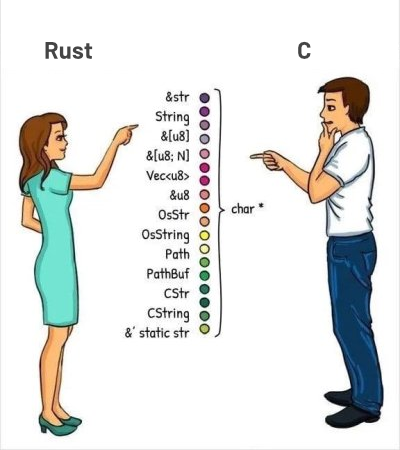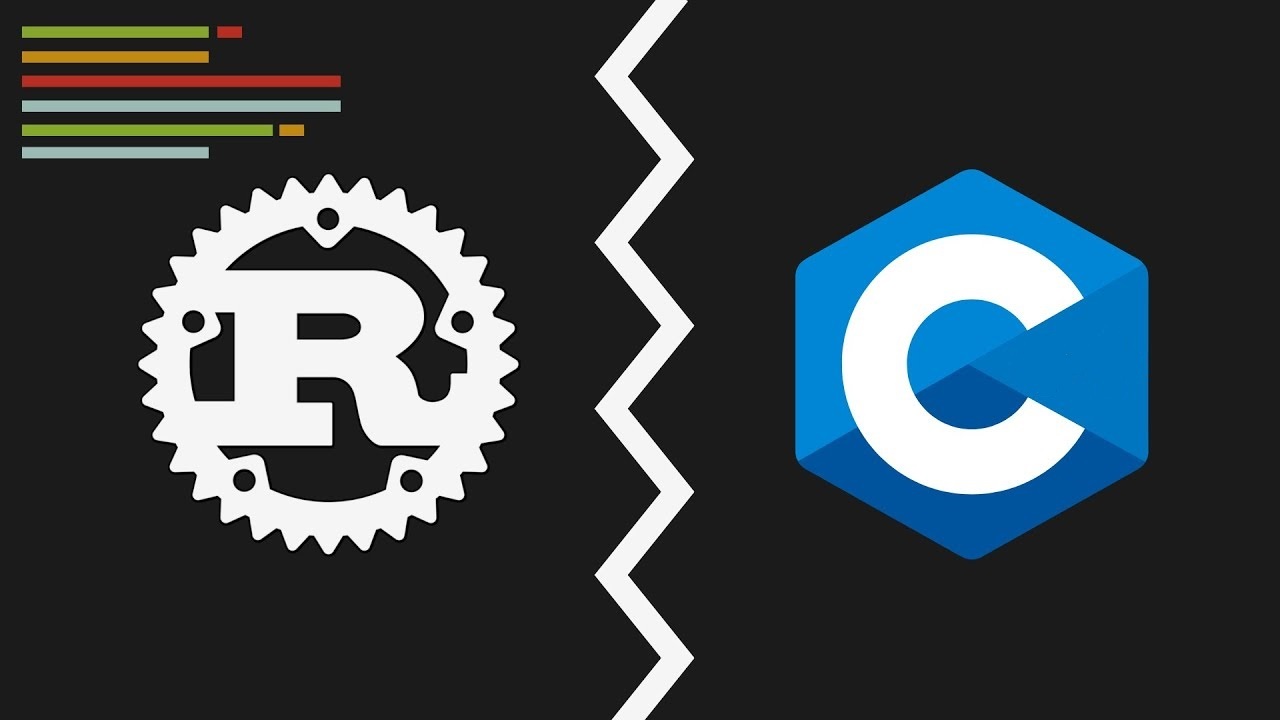There are several things I disagree with in this article, although I see where the author is coming from. I will never be onboard with "I’ll take my segfaults and buffer overflows.", and I fundamentally disagree about concurrency. I also think that cargo is fantastic, and a lack of standard build tools is one thing that holds rust's predecessors back.
However, a majority of the authors points can be boiled down to "C is more mature", which doesn't tell us much about the long-term viability and value of these languages. For example, in the author's metric of stability and complexity, they use C99 as the baseline, but C99 is the state of a language that had already had almost 3 decades of development, whereas Rust has been stable for less than a decade. Talking about superior portability, stability, and even spec, implementations, and ABI is in some real sense just saying "C is older".
That's not to say those things aren't valuable, but rather they aren't immutable characteristics of either language. And given that safety is playing an ever more important role in software, especially systems software, I think Rust will catch up in all the ways that are meaningful for real projects more quickly than most of us realize. I certainly don't think it's going anywhere anytime soon.


